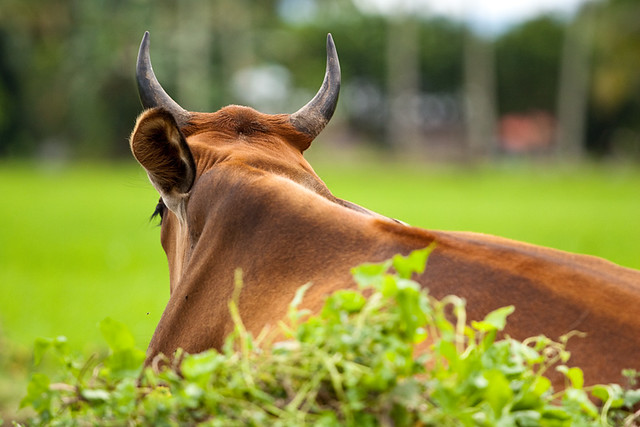Top Meat-Eating Countries in Africa
Africa’s culinary traditions balance livestock, farming, and celebration. While most everyday meals center on grains, vegetables, and legumes, meat remains an essential symbol of hospitality, wealth, and community. Some countries enjoy high levels of meat consumption, while others reserve it for festivals and ceremonies.

Livestock trading remains central to many southern African economies.
Why Meat Matters Across Africa
Livestock is more than food — cattle, goats, and sheep represent family wealth, inheritance, and long-term security. Their value is cultural and economic, influencing how much meat is eaten in different regions.
- Cattle = wealth and status
- Livestock supports local economies
- Ceremonies and holidays feature meat dishes
This helps explain why meat consumption varies widely from country to country.
Top 10 Meat-Eating Countries in Africa (Per Person)
These amounts reflect approximate annual consumption per person.
- Gabon — 146 lb
- South Africa — 129 lb
- Mauritius — 109 lb
- Cabo Verde — 101 lb
- Seychelles — 78 lb
- Libya — 74 lb
- Central African Republic — 73 lb
- Morocco — 66 lb
- Mauritania — 65 lb
- Namibia — 62 lb
South Africa and Namibia lead southern Africa in cattle production and large-scale meat processing. Island nations, including Mauritius and Cabo Verde, rely more on imports to meet demand.
Lowest Meat-Eating Countries in Africa
In many regions, meat is eaten only during special occasions because of cost, limited grazing land, or cultural preference.
- Burundi — 11 lb
- Rwanda — 14 lb
- Sierra Leone — 16 lb
- Eritrea — 17 lb
- Mozambique — 17.1 lb
- The Gambia — 17.8 lb
- Malawi — 18.3 lb
- Ethiopia — 18.7 lb
- Guinea — 18.9 lb
- Nigeria — 19.4 lb
Beef-Raising Powerhouses
Three southern African nations are major cattle producers:
- Botswana
- Namibia
- Zimbabwe
Their ability to export depends on disease control and political stability. Namibia continues to export beef to Europe and Asia under strict protocols.

Grilled and roasted meats are central to celebrations across Africa.
Why Meat Consumption Varies
- Climate: Drylands support grazing; rainforests do not.
- Economics: Higher income → more meat imports.
- Customs: Cattle are stored wealth, not daily food.
- Religion: Determines which meats are acceptable.
Global Comparison
Even the top African meat-eating countries consume far less than the United States, where the average is ~265 lb per person annually. African patterns reflect cultural priorities, environmental limits, and livestock as long-term wealth.
FAQs
Which African country eats the most meat?
Gabon leads the continent in per-person meat consumption.
What meats are most commonly eaten?
Beef, goat, lamb, chicken, and fish. Bushmeat and wild game are seasonal and regional.
Why do some countries eat very little meat?
Limited purchasing power, climate restrictions, cultural practices, and availability all play roles.
Is meat central to African cuisine?
Yes — especially during celebrations — though daily meals rely more on grains and vegetables.

























